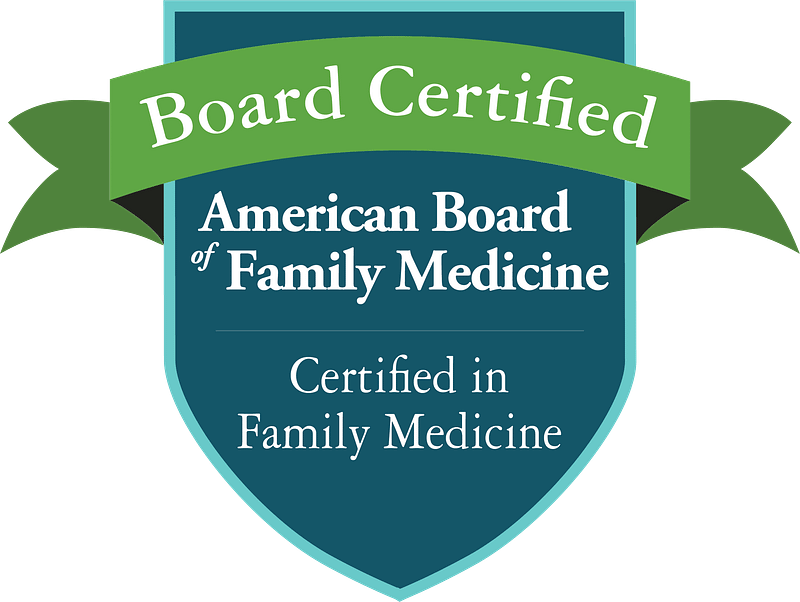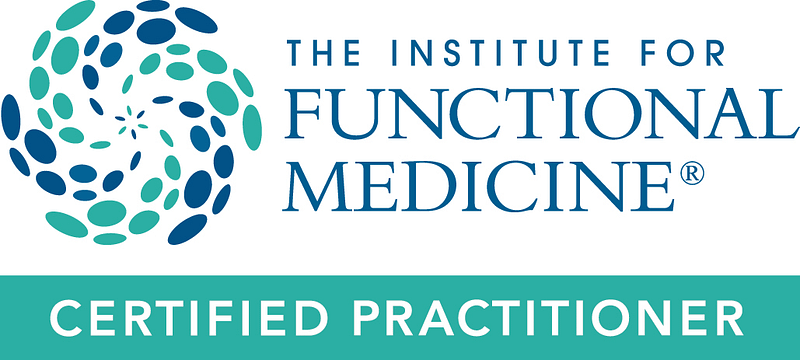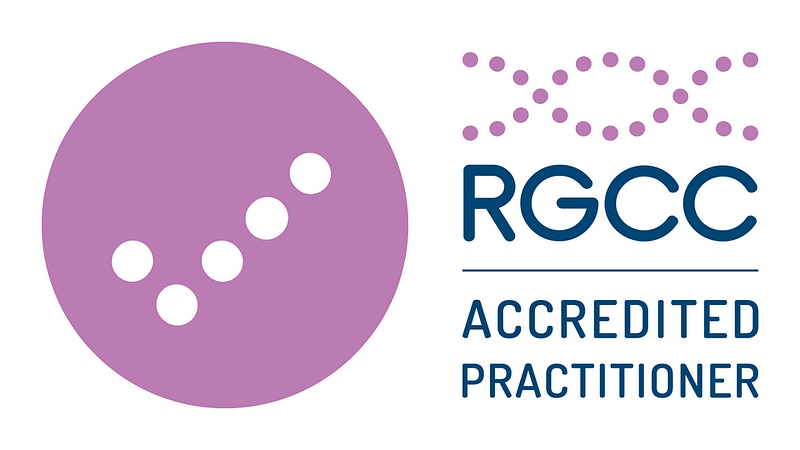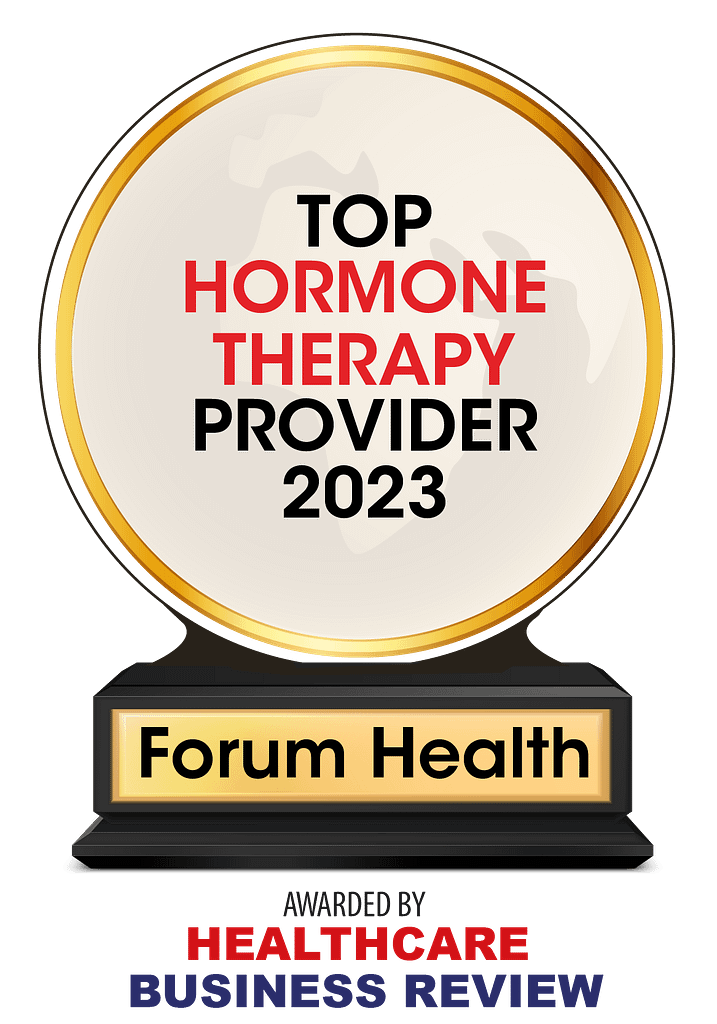by Dr. John L. Wilson, Jr.
Alternative medicine is best defined by understanding some of the principles that guide it. In contrast to “conventional” medicine, which is based on the knowledge of disease and specializes in the use of drugs and surgery to treat disease, “alternative” medicine focuses on identifying factors that promote health, removing obstacles to health, and recognizing the ability of the body to heal itself, given the proper environment to do so. Conventional medicine shines in the treatment of trauma. Alternative medicine advocates prevention and early intervention, and may include nutrition, herbs, lifestyle modification, homeopathy, and a variety of other treatments intended to optimize function.
Alternative doctors encourage patients to be informed and involved in their own health care, knowing treatment outcomes are improved by doing so. Alternative doctors see a person holistically. As such, an alternative doctor may find that arthritis is caused by a diseased tooth, fatigue is caused by heavy metal toxicity, or a rash is caused by malnutrition. The impact of emotional states on health is also recognized. Every thought or emotion has a bio-chemical consequence in the physical body, and if an individual’s thoughts are habitually worrisome or angry the body can suffer.
Knowing that the complexity of a person cannot be fully understood in scientific double-blinded studies, alternative doctors also give credibility to knowledge gained by observation . . . so-called empirical or anecdotal evidence. Common sense and intuition can complement knowledge gained from scientific research. For example, Africans knew the relationship between mosquitoes and malaria for centuries, while the English believed malaria was caused by “bad air.” Observation and experience provide valid, useful information and are an essential part of a good medical practice.
Drugs represent hope for many and are used in most alternative doctors’ practices, but seldom as a first choice for a chronic health problem, or as a tactic to suppress symptoms if other approaches can correct the underlying problem. Many diseases are termed “idiopathic,” meaning the cause has not been determined. Alternative doctors presume that everything is caused by something, and strive to identify the causes of symptoms. Symptoms are the language spoken by our bodies, and striving to interpret what symptoms mean, rather than hiding them with drugs, is essential. If the causes of illness can be understood and addressed, symptoms diminish and drugs may be unnecessary.
Disease is like a polluted river. You float along, oblivious to the pollution until the first symptoms of disease occur years, even decades, after the disease process has silently started. By the time you are thrown a lifeline or crawl ashore, your health may be severely compromised. By being aware of what is going on in your body, you can identify subtle symptoms that are “early warning signs.”
Just as each person is unique, alternative medicine approaches are individualized. Understanding both inherited and acquired disease risks of an individual is important in determining the best approach for them. One size does not fit all. Depending on the condition, roughly 20 to 40 percent of disease risk is genetic . . . the lion’s share is due to the impact of the environment and lifestyle. Alternative doctors look closely at a person’s environment and understand the role it plays in disease. Lifestyle choices are the overriding influence on health and on disease.
Ultimately, alternative medicine attempts to evoke a healing response using the least invasive and safest approach possible.











